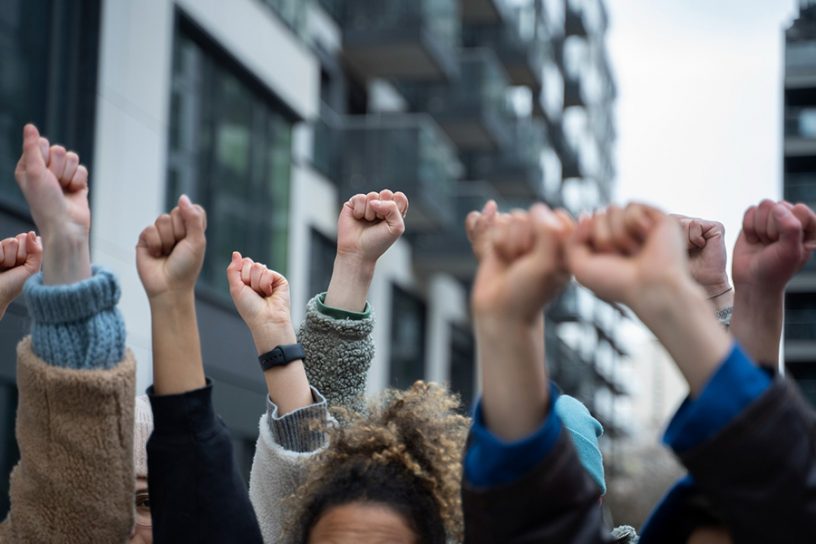
The need for a regional initiative becomes even more significant because unlike Europe, America and Africa, there is no inter-governmental regional system for human rights protection in South Asia.
Authors
Abhinav Mehrotra, Assistant Professor, Jindal Global Law School, O.P. Jindal Global University, Sonipat, Haryana, India.
Biswanath Gupta, Associate Professor, Jindal Global Law School, O.P. Jindal Global University, Sonipat, Haryana, India.
Summary
The need for a regional initiative becomes significant because unlike Europe, America and Africa, there is no inter-governmental regional system for human rights protection in South Asia
The recent debate regarding the ‘Akhand Bharat’ map inside India’s Parliament has created diplomatic anxiety among a few neighbours of South Asia. Bangladesh, Pakistan, and Nepal have communicated with the Indian counterpart for the clarification of such a map. According to them, Parliament is the symbol of the sovereign, and any map which shows their land as part of India violates international relations. Though India responded very quickly to all the concerns raised by our neighbours with historical facts. It explained that the map does not signify the political map of India; it portrays the kingdom of Samrat Ashoka in history. Except for Pakistan, other neighbours did not escalate the matter further.
It needs to be understood that the Parliament of any country not only represents the political reality of the country, but it showcases the cultural and historical richness of the state too. Parliament is the highest assembly of lawmakers in India. We consider it the biggest ‘panchayat’ in India. Democratic practices in India are as old as our culture. Since the time of ancient Indian society has adopted modern democratic practices performed through various social, political, and religious organisations.
After World War II, many boundaries of the new world were redrawn. These processes had been very arbitrarily done by the colonial superpower without or with very less consultation with the people on the ground. Therefore, for a long time, border disputes have been a reality in South Asia. Even though people in South Asia are separated by new political borders, they still largely follow the cultural traditions of thousands of years of ancient India.
Published in: News18
To read the full article, please click here.


